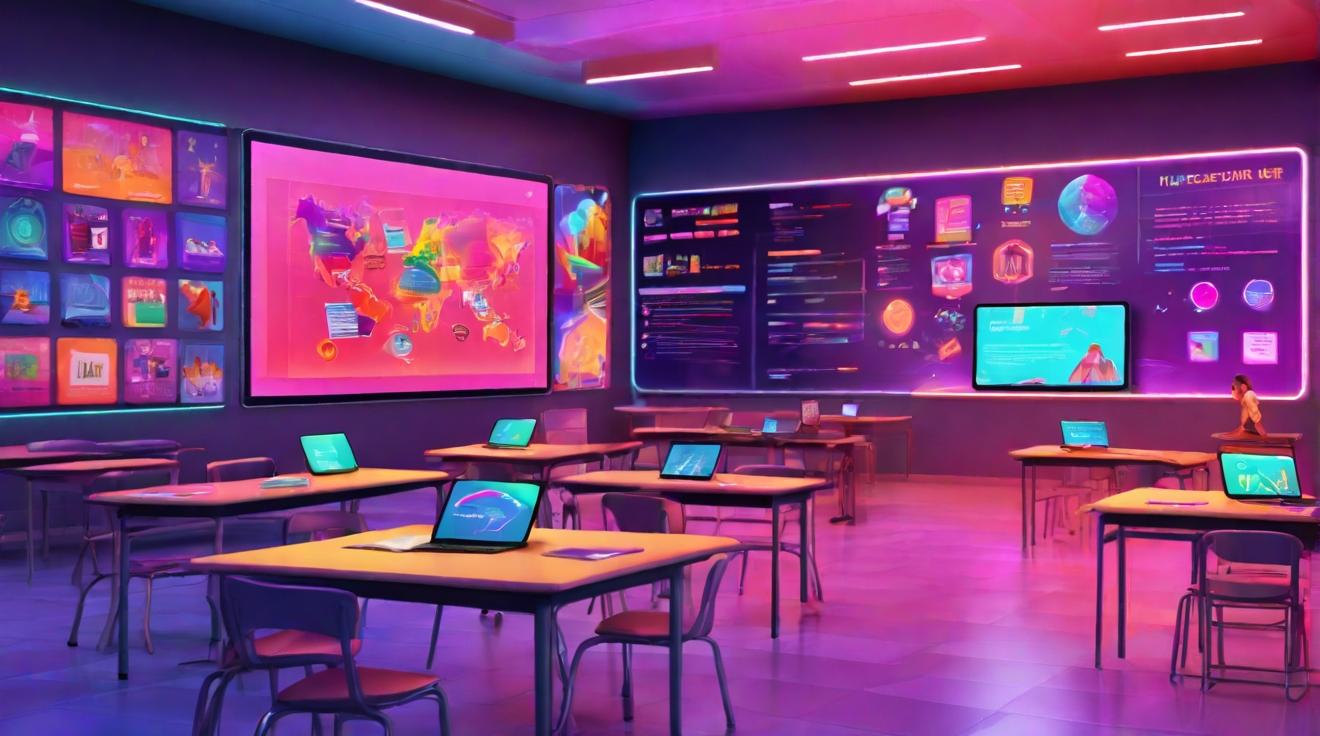Gaming laptops: Expensive investments with added costs
Gaming laptops are known for their high price tags compared to professional laptops. The additional cost is justified by their dedicated cooling systems and graphics cards, which ensure optimal gaming performance. However, these extra features come at a premium, making gaming laptops more expensive than their desktop counterparts. On top of that, gamers typically invest in accessories to enhance their gaming experience, further driving up the expenses. While professional laptops offer comparable performance at a lower cost, gaming enthusiasts are willing to pay the price for the immersive gaming experience that gaming laptops deliver.
Poor battery life: A drawback of gaming laptops
When it comes to battery life, gaming laptops often fall short. With their powerful processors, RGB lighting keyboards, and fast refresh rate displays, these machines consume a significant amount of power. As a result, the battery life on gaming laptops is typically shorter than that of professional laptops. This can be a major inconvenience for professionals who rely on their laptops for all-day usage or who travel frequently without access to a charger. Unless you’re willing to sacrifice battery life for improved gaming capabilities, gaming laptops may not be the best choice for professionals on the go.
Bulky and cumbersome: The weight of gaming laptops
Due to their advanced cooling systems and heavy graphics cards, gaming laptops tend to be bulkier and heavier than other types of laptops. This makes them less portable and more cumbersome to carry around. While it’s common for gamers to invest in cooling pads to prevent overheating during intense gaming sessions, these accessories only add to the weight of an already heavy laptop. For frequent travelers, gaming laptops may not be the most practical option, as they can make your backpack feel like a burden.
Limited upgrade options for gaming laptops
Desktop computers are known for their easy upgradability, allowing users to replace or upgrade components as needed. However, gaming laptops are not as user-friendly in this regard. Designed to be as compact as possible, most gaming laptops have parts that are difficult to access and replace without professional help. This lack of upgradeability can be frustrating for gamers who want to improve their laptop’s performance over time. Attempting to upgrade a gaming laptop without the necessary expertise can also void the warranty or even cause damage to the device.
Heat and noise: Common issues with gaming laptops
One of the biggest downsides of owning a gaming laptop is the heat and noise generated during heavy workloads, especially while gaming. Gaming laptops rely on internal cooling mechanisms to maintain airflow, but when the laptop is under a heavy workload, it can generate a significant amount of heat. This can lead to decreased performance or even abnormal shutdowns, particularly in thinner gaming laptops with limited ventilation. Additionally, the fans necessary to keep gaming laptops cool can produce considerable noise, which can be distracting during gameplay or when using the laptop for other tasks. If you prioritize a quiet and cool computing experience, gaming laptops may not be the best choice for you.
Overall
While gaming laptops offer unparalleled gaming performance and immersive experiences, they come with several notable drawbacks. These laptops tend to be expensive, have poor battery life, are bulky to carry, offer limited upgrade options, and generate heat and noise under heavy workloads. It’s important to carefully consider your needs and priorities before investing in a gaming laptop to ensure that it aligns with your gaming preferences and lifestyle.
Analyst comment
Negative news. Market prediction: The gaming laptop market will continue to thrive among gaming enthusiasts who prioritize performance and immersive experiences. However, professionals and frequent travelers may opt for more portable and versatile options with better battery life and easier upgrade options.













